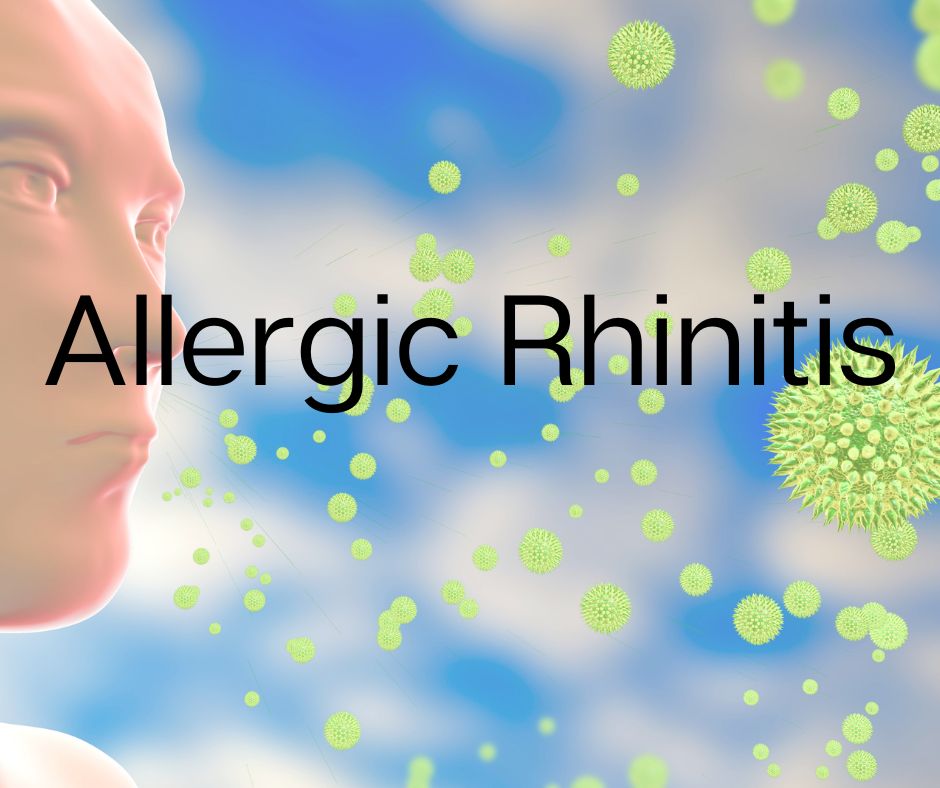What Is Allergic Rhinitis?
Allergic rhinitis, often referred to as hay fever, is a common allergic reaction that occurs when your immune system overreacts to allergens in the air. These allergens can include pollen, dust mites, pet dander, and mold spores. When you come into contact with these substances, your immune system releases chemicals, such as histamine, which lead to symptoms such as:
- Sneezing
- Runny or stuffy nose
- Itchy or watery eyes, nose, or throat
- Coughing
- Fatigue
- Headache
Allergic rhinitis can be seasonal or perennial:
- Seasonal allergic rhinitis: This type of rhinitis is commonly known as hay fever and is triggered by pollen from trees, grasses, and weeds. Symptoms tend to appear during specific times of the year when these plants release their pollen.
- Perennial allergic rhinitis: This type occurs year-round and is usually triggered by indoor allergens such as dust mites, pet dander, cockroach debris, and mold spores. Symptoms can persist throughout the year.
Allergic rhinitis is not typically a serious condition, but it can significantly affect your quality of life by causing discomfort and interfering with daily activities. It can also exacerbate other conditions such as asthma.
Treatment options for allergic rhinitis include:
- Avoiding allergens: Taking steps to minimize your exposure to allergens that trigger your symptoms.
- Medications: Over-the-counter or prescription antihistamines, decongestants, nasal corticosteroids, and nasal saline rinses can help alleviate symptoms.
- Immunotherapy: Allergy shots or sublingual tablets can help desensitize your immune system to specific allergens over time, reducing your body’s allergic response.
- Lifestyle changes: Keeping windows closed during high pollen seasons, using air purifiers, and regularly cleaning your living space can help reduce allergen exposure.
If you suspect you have allergic rhinitis, it’s important to consult a healthcare professional for an accurate diagnosis and appropriate management plan.
The PACT Act covers allergic rhinitis as a presumed condition. This means if you served in any of the countries covered by the PACT Act you can file a disability claim for your allergic rhinitis. As always, in order to file a disability claim, you will need a diagnosis of allergic rhinitis from a Doctor.
If you have any questions or comments, feel free to leave them below, or email us at info@nwavet.org.







